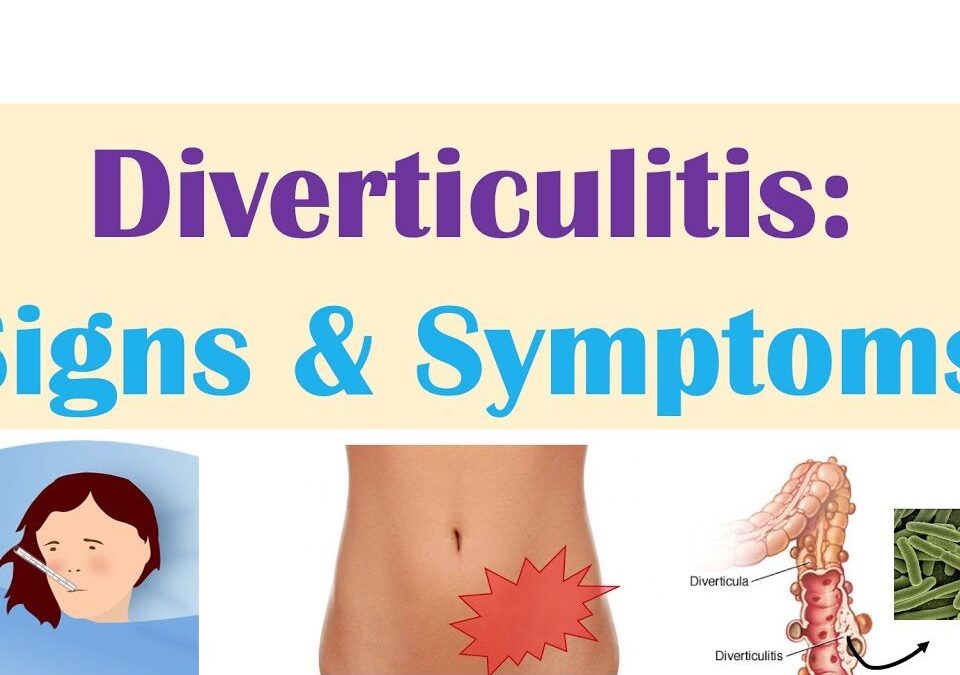Diverticulitis might sound like a complicated disease, but it is a common condition where small pouches or sacs known as diverticula develop in the large intestine or colon and become infected. When the sacs become infected, they can bulge outward, causing pain and discomfort in the abdomen.
Diverticulitis can cause several symptoms in addition to abdominal pain. If you have any of the symptoms mentioned above, consult Dr. Harsh Sheth, a renowned GI Laparoscopic Surgeon in Mumbai, to get a diagnosis and treatment options.
What are the causes of diverticulitis?
Diverticulitis develops when vulnerable areas in your colon give way under pressure. As a result, tiny pouches protrude through the colon wall.
Also, the following factors can cause diverticulitis:
- A low-fiber diet
- A high-fat, animal-based diet
- Obesity
- Ageing
- Lack of physical activity
- Certain medicines such as steroids and pain relievers
What are the symptoms of diverticulitis?
What is the procedure for diagnosing diverticulitis?
You may need the following tests during the diagnosis process:
-
Liverenzyme test –
This test helps figure out what is causing your stomach pain, which may be linked to your liver.
-
Stoolexamination –
It determines the cause of diarrhea and eliminates the possibility of infection.
-
Computedtomography (CT) scan –
It assists in finding the pouches that are inflamed or infected, as well as confirms your diagnosis.

